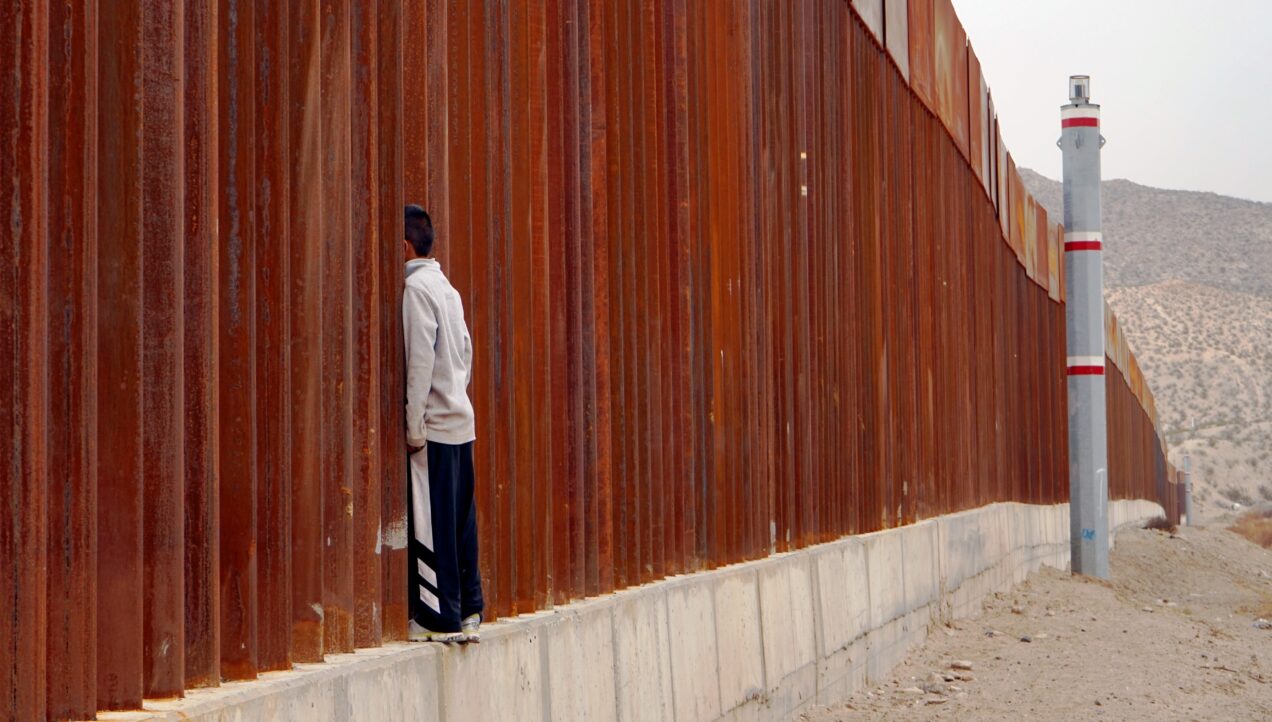In our increasingly interconnected world, the experience of being a refugee extends far beyond the confines of national boundaries. While we often associate the term “refugee” with individuals fleeing their home countries due to political conflicts or dire economic conditions, the deeper essence of being a refugee lies in the profound feeling of alienation from the local community and a sense of not belonging to a certain culture. This article delves into the emotional and psychological dimensions of this experience, shedding light on the universal human need for connection and belonging.
Feeling disconnected from one’s cultural context can give rise to a pervasive sense of isolation, marginalization, and emotional displacement. It is an experience that transcends national borders, affecting individuals within any society. Factors such as cultural differences, discrimination, social exclusion, or even personal circumstances can contribute to this feeling of detachment. The notion of being a refugee at a psychological level challenges the conventional understanding tied to geographical location.
When we broaden our perspective, we come to realize that the essence of being a refugee is not limited to specific countries or political circumstances. It is a state of mind that emerges when individuals feel uprooted and disconnected within their own communities. This expanded understanding prompts us to recognize the shared human experience of longing for a place where we truly belong.
At the heart of the refugee experience, whether physical or psychological, lies the fundamental human need for belonging and purpose. To feel seen, valued, and connected to others is to cultivate a sense of identity and psychological well-being. When these vital elements are absent, individuals may yearn for a place where they can authentically belong, where their lives hold meaning and purpose.
Furthermore, it is essential to acknowledge that successful immigration plans and integration efforts by countries and governments rely on creating an accepting culture within their society. The more welcoming and accepting a new culture or nation is towards immigrants, the more connected the immigrants feel and the quicker their integration and productivity become. When a host culture kindly welcomes newcomers and includes them in various aspects of life, it fosters a sense of belonging and mutual respect between different cultures. This acceptance and integration ultimately lead to a more harmonious and cohesive society.
Alienation and the resulting refugee-like experiences arise from deep-seated imbalances in society. Cultural biases, exclusionary practices, and systemic inequalities contribute to feelings of alienation and displacement. Recognizing and addressing these root causes is essential in building inclusive societies that prioritize the well-being and belonging of all individuals. By dismantling barriers and fostering environments that embrace diversity, we pave the way for a future where every person feels seen, appreciated, and connected.
In conclusion, the concept of being a refugee goes beyond national borders, encompassing the emotional and psychological dimensions of feeling alienated and disconnected. Our shared humanity calls for us to address the root causes of alienation and strive to create inclusive environments that honor the fundamental need for belonging and purpose. By cultivating societies that value and embrace diversity and by establishing a culture of acceptance, we can build a future where every individual feels a genuine sense of connection and belonging, regardless of their cultural background or geographic location.
